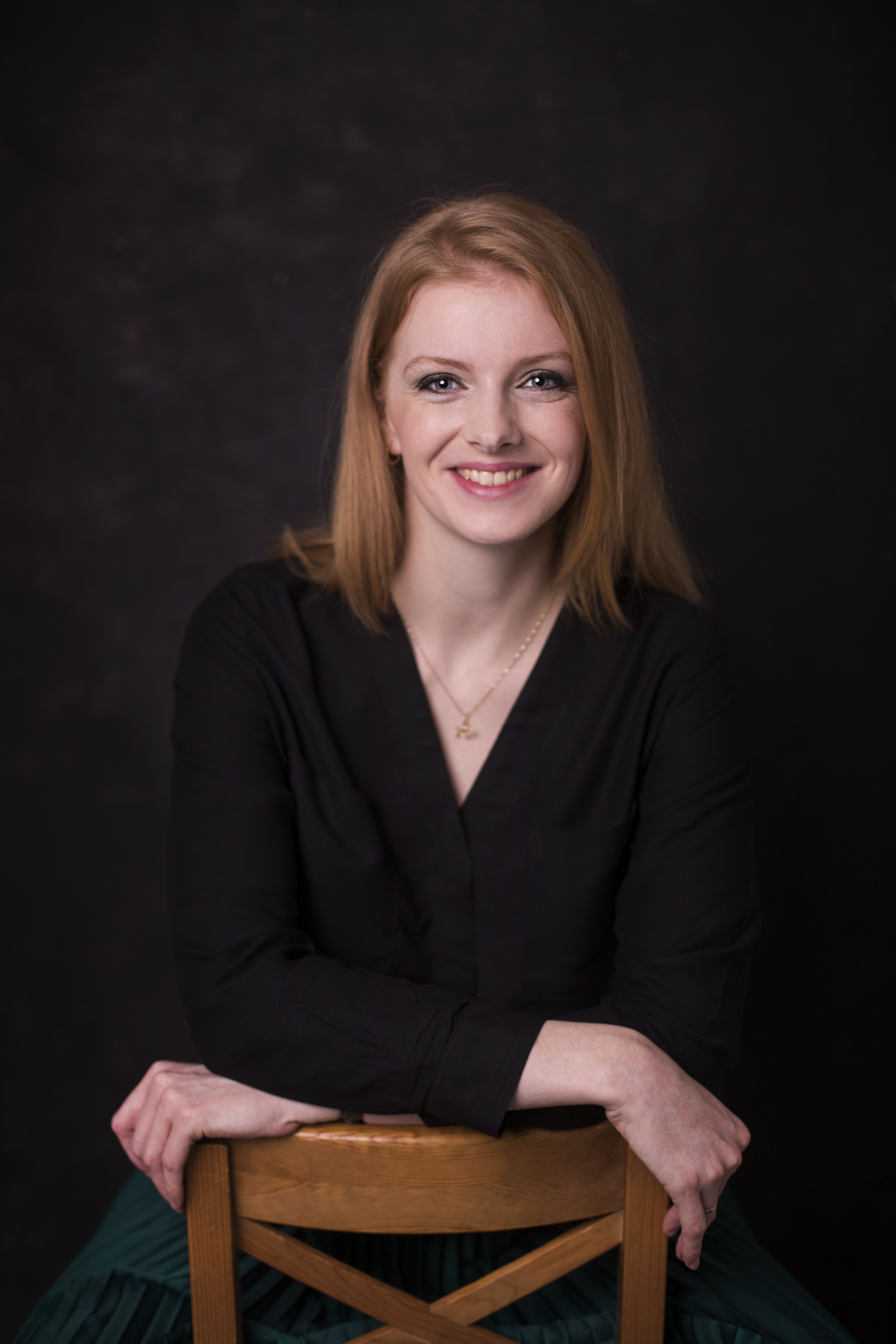Facilitators
Facilitators
László Horváth
 László Horváth is an economist-andragogue and works as an assistant professor at ELTE Eötvös Loránd University, Institute of Education. He received his PhD in 2019. His research revolves around the leadership and management issues of educational institutions, especially focusing on learning organisational behaviour. He teaches in teacher education and teacher CPD, pedagogy and human resources counsellor programmes.
László Horváth is an economist-andragogue and works as an assistant professor at ELTE Eötvös Loránd University, Institute of Education. He received his PhD in 2019. His research revolves around the leadership and management issues of educational institutions, especially focusing on learning organisational behaviour. He teaches in teacher education and teacher CPD, pedagogy and human resources counsellor programmes.
Kinga Káplár-Kodácsy
 Kinga Káplár-Kodácsy is assistant professor at Eötvös Loránd University (ELTE), Hungary, Faculty of Education and Psychology, Institute of Research on Adult Education and Knowledge Management. She teaches community development, human resource counselling and adult learning specialist courses. She is experienced secondary school teacher and qualified teacher mentor. Her research interests include reflective practice of teachers, mentoring in secondary and higher education. Her current research projects are dealing with understanding the roles and concepts of ITE mentoring, exploring innovative mentoring practices in faculty development and finding ways for improving teaching in higher education.
Kinga Káplár-Kodácsy is assistant professor at Eötvös Loránd University (ELTE), Hungary, Faculty of Education and Psychology, Institute of Research on Adult Education and Knowledge Management. She teaches community development, human resource counselling and adult learning specialist courses. She is experienced secondary school teacher and qualified teacher mentor. Her research interests include reflective practice of teachers, mentoring in secondary and higher education. Her current research projects are dealing with understanding the roles and concepts of ITE mentoring, exploring innovative mentoring practices in faculty development and finding ways for improving teaching in higher education.
Zoltán András Szabó
 Zoltán András Szabó is an assistant professor at the Eötvös Loránd University, Faculty of Education and Psychology, Institute of Education. He has published in the fields of history and current issues of public education and educational science. His main area of interest is educational discourse analysis via novel methods, particularly computer-aided content analysis, text mining and network theory. He earned his PhD degree in educational science in 2017. Currently, he is the speaker of an international consortium, which has been started within the CENTRAL Network and examines the cosmopolitan Central European urban education in the late 19th and the early 20th century.
Zoltán András Szabó is an assistant professor at the Eötvös Loránd University, Faculty of Education and Psychology, Institute of Education. He has published in the fields of history and current issues of public education and educational science. His main area of interest is educational discourse analysis via novel methods, particularly computer-aided content analysis, text mining and network theory. He earned his PhD degree in educational science in 2017. Currently, he is the speaker of an international consortium, which has been started within the CENTRAL Network and examines the cosmopolitan Central European urban education in the late 19th and the early 20th century.
James Underwood
.jpg) Dr James Underwood is a principal lecturer at the University of Northampton. He taught for 19 years before becoming a lecturer. The majority of this time was in the British state sector, in secondary schools. He was a school leader in the state secondary sector (students aged 11-18) and subsequently of a sixth form college (students aged 16-18). He completed his doctorate in education at the University of Cambridge. His research interests include: the nature of professional communities, school leadership, methodologies for teacher research, and ways of enabling practitioner researchers.
Dr James Underwood is a principal lecturer at the University of Northampton. He taught for 19 years before becoming a lecturer. The majority of this time was in the British state sector, in secondary schools. He was a school leader in the state secondary sector (students aged 11-18) and subsequently of a sixth form college (students aged 16-18). He completed his doctorate in education at the University of Cambridge. His research interests include: the nature of professional communities, school leadership, methodologies for teacher research, and ways of enabling practitioner researchers.
The University of Northampton is a vibrant and interesting university. It has developed a strong tradition in working with practitioner researchers and for the social impact of our research. The university itself was founded quite recently. It has a student body that includes a particularly high proportion: of mature students, of first generation university students, of women professionals (studying part time and working) and it has the largest proportion of black British students of any university in the UK. Its diversity and grounding in the local community lead to it being a particularly engaging community to belong to.

